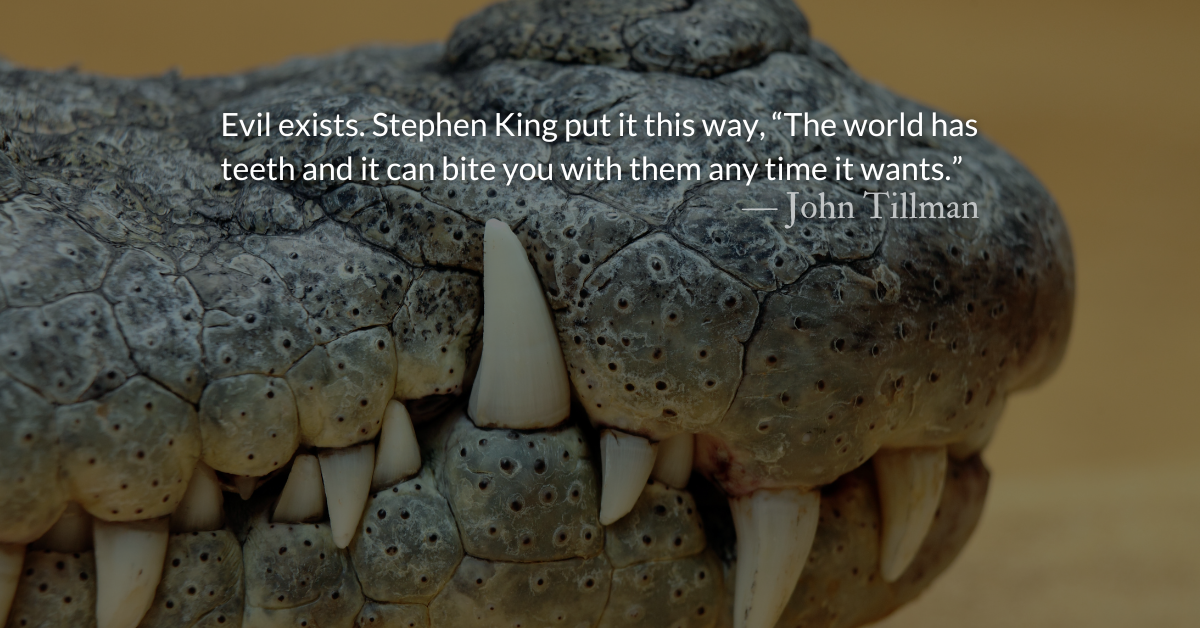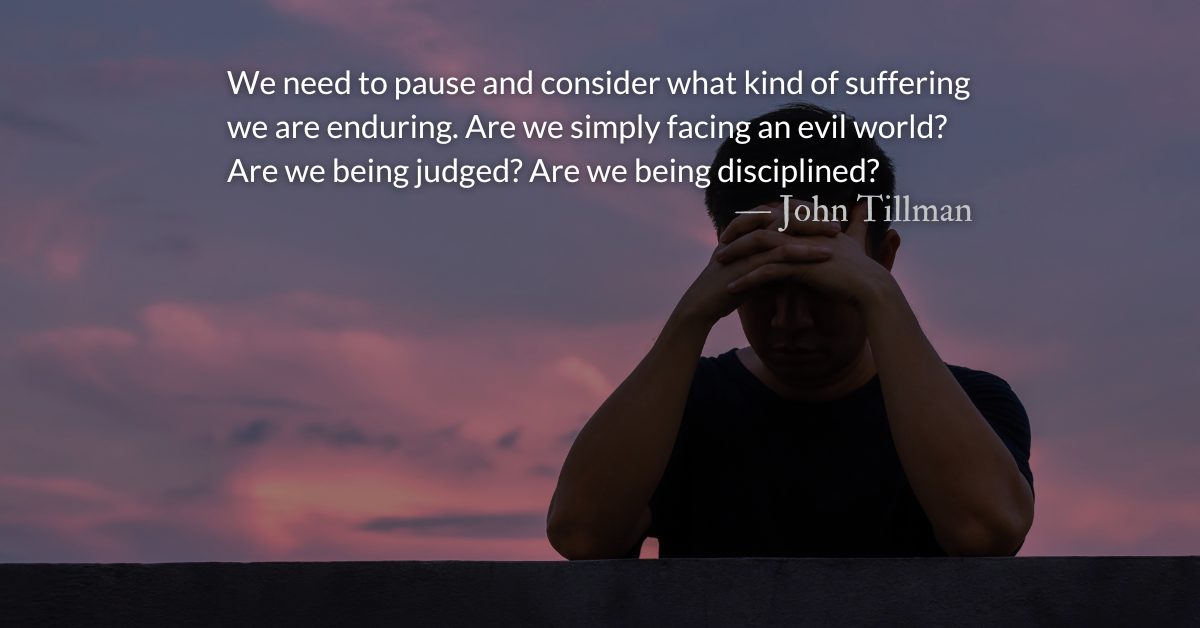Readers’ Choice is here: Over two-thirds of our devotionals get emailed responses from readers like you. Hearing that what we have written is meaningful to you is meaningful to us. That’s why we love sharing some of your comments and messages. Thank you, readers. We do what we do to serve you. There’s still time to tell us about your favorite, most meaningful posts of the year. If you shared it with someone, or it helped you, let us know via email, direct message, or by filling out the linked form.
Links for today’s readings:
Oct 30 Read: 2 Kings 11-12 Listen: (7:38) Read: Psalms 60-61 Listen: (2:27)
Readers’ Choice posts are selected by our readers:
Brian, DC — Thanks for this reflection. I learned about kintsugi from Mako Fujimura when he gave me a tour of his studio years ago. I love the theology of this practice. I agree that looking at something that was broken but is being used again is beautiful. But the practice of kintsugi showcases the brokenness and then renders each crack as a new work of beauty. Such grace, joy, creativity, and redemption.
Like last year, we will repost all Christmas-themed Readers’ Choice posts together in one week. We pray our hearts are prepared to make room for Christ this coming Advent season. This post was originally published on December 9, 2024, based on readings from Isaiah 9.2, 6.
Scripture Focus: Isaiah 9.2, 6
2 The people walking in darkness
have seen a great light;
on those living in the land of deep darkness
a light has dawned.
6 For to us a child is born,
to us a son is given,
and the government will be on his shoulders.
And he will be called
Wonderful Counselor, Mighty God,
Everlasting Father, Prince of Peace.
Reflection: Wholeness for the Holidays — Readers’ Choice
By Erin Newton
The thing about Advent is that it is just a waiting game. We know to wait with hope for Jesus’s birth. We know that we will receive love through him. We know that joy will follow this grand event. But what does the peace of Advent offer us?
What are we hoping to find in peace? The feeling of hopelessness, that’s familiar. The heartache of being unloved, we know what that’s like. The weight of sadness and lack of joy is a regular routine. What is life without peace? It is chaotic, broken, raging, tumultuous, scary, fear-driven, uncertain.
Peace is a noun and, within the original Hebrew context, it came from a verb meaning “wholeness” or “complete.” Peace also carries other connotations such as calmness or freedom from conflict. But in the most basic essence of the term—peace is that which fills all voids.
So when Isaiah proclaims the coming child who is a counselor, deity, and father—he is also a prince of wholeness.
The gift of the season is Someone who makes things whole. He mends tears. He binds wounds. He fills chasms. He makes all that is insufficient sufficient.
There is a Japanese technique for mending broken pottery—kintsugi. Many have seen the beautiful pieces that were formerly broken shards of bowls or plates, delicately repaired using golden lacquer. The gold seams not only repair that which was broken but reinvent the beauty of the vessel. The bowl, albeit beautiful as it was before it was broken, becomes an exquisite piece of artistry in kintsugi.
The peace of Advent is like these mended pots. The peace of God is a promise of mending, repairing, and completing all that was broken or lacking. But it is more than just taking the pieces of our lives and putting them back into working order. The peace of God is reinventing our lives, binding the pieces that make us who we are and then shining the golden rays of Himself amongst the pieces.
Isaiah speaks of the people walking in the darkness, living in deep darkness. But the light breaks through. The radiance of Christ, an infant born in a lowly place, illuminates all that they could not see. It is the wholeness of life and light that overcomes the darkness here.
With the Holy Spirit, we no longer lack anything. The pieces have been spiritually mended. The golden seams are already there.
The Lord’s Prayer:
We will take a break from The Divine Hours prayers for the month of October and instead pray Dallas Willard’s paraphrase of The Lord’s Prayer:
Dear Father, always near us, may your name be treasured and loved, may your rule be completed in us—may your will be done here on earth in just the way it is done in heaven.
Give us today the things we need today, and forgive us our sins and impositions on you as we are forgiving all who in any way offend us.
Please don’t put us through trials, but deliver us from everything bad. Because you are the one in charge, and you have all the power, and the glory too is all yours-forever-which is just the way we want it!
Support Our Work
Many times at the end of the year, funds are low and end-of-year giving is vital to fund the coming year. Donate today to help us in 2026.
https://theparkforum.org/support/
Read more about Truth and Love — Love of Advent
The love we receive and the truth we believe, are to be passed on. John testifies that joy comes from walking in love and truth in this way.





